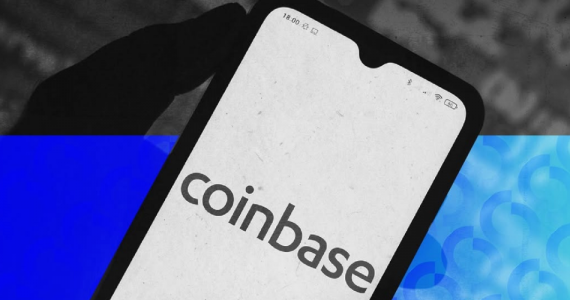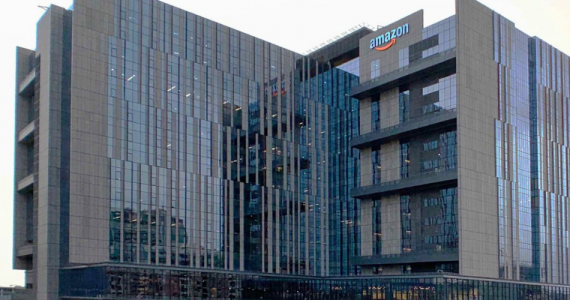Recruiting is integral to every organisation and deserves to be perfected without glitches. Over time, the days needed to secure a job offer, has increased exponentially. A research study says that the average interview process in the U.S. is about 23 days, almost double the 13 days required in 2010. The war for talent acquisition is on, and employers must hasten to secure the best candidates. Talented candidates are in short supply and in high demand. They also don’t want to wait. However, the recruitment process becomes longer and longer for most companies.

With an increase in higher-skilled positions requiring sophisticated and advanced skills, the interview process has become longer as employers demand a comprehensive process, including screening methods like group presentations and personality tests. Such methods for scrutinising candidates are commonly used by recruiters, but lengthen the recruitment process. An increase in high-skill positions require advanced skills, with a carefully targeted and precise selection process. 46% of candidates lose interest without any status update within a fortnight after the interview. Maybe artificial intelligence (AI) could make your recruitment process more efficient.
How long recruitment processes hurt your company
1) A long recruitment process ensures that candidates lose interest in the job and pursue alternate opportunities instead. By the time a decision emerges, the chances are that the candidates have applied for other jobs and may even have secured a response. If this happens, another round of selections then follows to find a suitable candidate for the job while a vacancy exists at your company, leading to low innovation and productivity. Speeding up your recruitment processes, definitely gives your company a competitive edge to secure suitable candidates for jobs.

2) The recruitment process is a window into the overall corporate culture. A slow-moving organisation ensures candidates withdraw from the entire process and this applies to both clients and employees. The inference is that a company with a long recruitment process makes slow business decisions, and lacks innovation and motivation. Long bureaucratic delays are an anachronism in today’s fast-moving and modern world and will put off prospective employees.
3) As candidates lose interest in the company after a certain wait period, what about top talents or in-demand candidates who have many companies competing for their talents. By the time your company decides on an offer, chances are that the candidate is already hired by competitors. Your company may be bigger and better but top talents must decide between a current offer or wait for a future offer from your company. Unless you are a risk-taker, all would prefer the first option.

4) A long recruitment process damages your Employer brand image and the Candidate experience. This results in a smaller pool of job applicants and lesser quality applications because of the bad employer branding. A slow hiring process is one of those things that gets flashed on social media pretty quickly and on company review sites. Your employer brand suffers if potential candidates read online reports about long recruitment processes. Candidates too may be reluctant to apply to your company if possible negative experiences are faced. Re-evaluate your company’s recruitment processes and ensure it is not too lengthy! Companies must hire quickly to secure the best talents available in the job market. There is a need to shorten your recruitment process.




